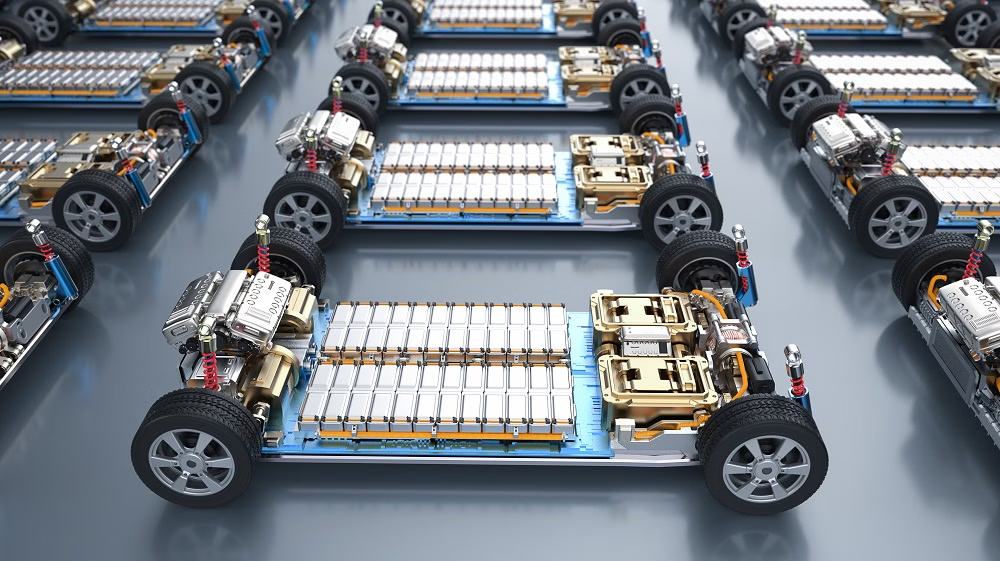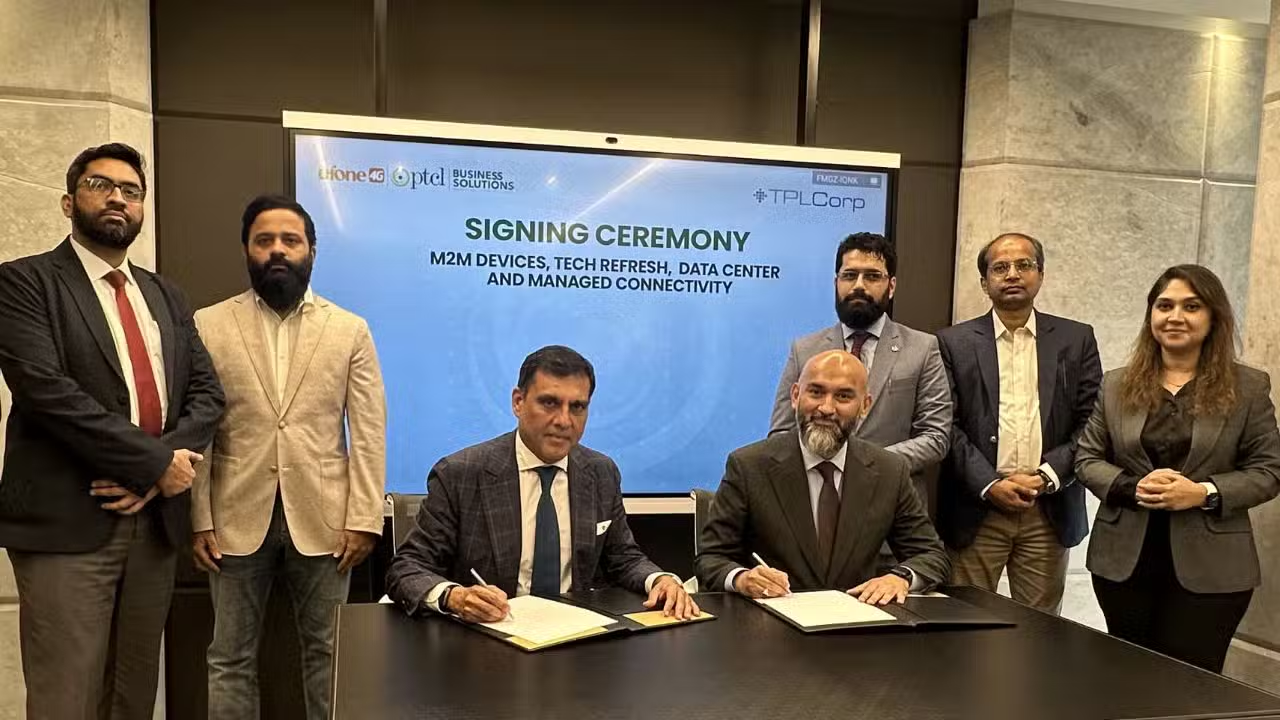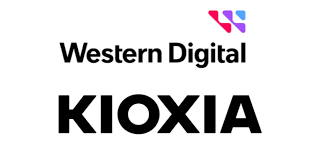Pakistan has officially expressed its intention to collaborate with China on sodium-ion battery technology, positioning it as a strategic pillar in the future of electric vehicle (EV) development. The move underscores Pakistan’s commitment to sustainable mobility and its ambition to become a competitive player in the global EV market.
A Strategic Push Toward Sodium-Ion Battery Technology
Speaking at a press conference at the Pakistani Embassy in Beijing, Federal Minister for Planning, Development, and Special Initiatives Ahsan Iqbal emphasised that EVs are now a vital growth sector for the country. He identified sodium-ion battery technology as a particularly promising avenue for bilateral cooperation with China, which is already recognised as a global leader in battery innovation.
EVs have become a very important segment, Iqbal stated, adding that Pakistan is eager to benefit from China’s advances in this space. By partnering with Chinese firms, Pakistan aims to accelerate its shift to cleaner transportation while leveraging the cost advantages of local manufacturing.
The Role of the Pakistan-China Business Conference
Iqbal announced that the upcoming Pakistan-China Business Conference, scheduled for September 4 in China, will be a key event for advancing this agenda. The conference will bring together more than 250 companies from Pakistan and over 200 from China, facilitating direct industry matchmaking across sectors including electric vehicles, solar energy, chemicals, and agriculture.
For the EV sector specifically, the conference is expected to be a platform for forming joint ventures, signing agreements, and exploring research and development opportunities in sodium-ion battery technology.
Why Sodium-Ion Battery Technology Matters
While lithium-ion batteries currently dominate the EV industry, sodium-ion battery technology is emerging as a cost-effective and resource-abundant alternative. Sodium is more widely available than lithium and can be sourced without the same geopolitical and environmental challenges.
For Pakistan, adopting this technology could mean:
- Lower battery costs for EV manufacturers.
- Reduced dependence on imported lithium.
- Enhanced opportunities for local battery production.
China has already made significant strides in this area. In 2023, several Chinese battery makers, including CATL, unveiled commercial sodium-ion battery models, marking a step toward large-scale adoption.
Economic and Environmental Benefits
Iqbal highlighted that Chinese investments in EV manufacturing and sodium-ion battery technology could deliver substantial benefits for Pakistan’s economy. Local production could create jobs, boost industrial capacity, and make EVs more affordable for consumers.
On the environmental side, EV adoption aligns with Pakistan’s National Electric Vehicle Policy 2025–2030, which targets converting 30% of all new vehicle sales to electric by 2030. The policy also supports the country’s broader climate goals, including net-zero transport emissions by 2060.
According to the International Energy Agency (IEA), the global EV stock surpassed 26 million in 2022, and demand for advanced battery technology is expected to triple by 2030. By entering the sodium-ion battery technology race early, Pakistan could position itself to capture a share of this expanding market.
Chinese Firms Already Active in Pakistan’s EV Sector
Several major Chinese companies are already engaged in Pakistan’s EV landscape. BYD and Chery, for example, are involved in vehicle assembly, charging infrastructure development, and exploring new partnerships. Introducing sodium-ion battery technology into these operations could further enhance their competitiveness and sustainability.
Iqbal stressed that such collaborations would not only advance EV adoption but also contribute to Pakistan’s goals of energy efficiency and industrial diversification.
Policy Support and Incentives
Pakistan’s National Electric Vehicle Policy provides a robust framework to encourage foreign investment. Incentives include tax breaks, subsidies for EV purchases, and infrastructure development for charging networks. The government is also exploring public-private partnerships to accelerate the rollout of battery manufacturing facilities, including those focused on sodium-ion battery technology.
This policy-driven environment makes Pakistan an attractive destination for Chinese firms looking to expand their footprint in South Asia’s emerging EV market.
The partnership vision outlined by Ahsan Iqbal signals a forward-looking strategy for Pakistan’s transport and energy sectors. By aligning with China’s expertise in sodium-ion battery technology, Pakistan has the opportunity to leapfrog traditional challenges in EV adoption, such as high costs and supply chain constraints.
As the September business conference approaches, all eyes will be on potential announcements that could shape the trajectory of Pakistan’s EV sector for years to come. Successful collaborations could pave the way for new factories, research centres, and technology transfers, putting the country on the path to becoming a regional leader in sustainable transportation.
Pakistan’s interest in working with China on sodium-ion battery technology reflects a strategic move to embrace cleaner, more affordable, and more sustainable transport solutions. With supportive policies, an eager industrial base, and access to one of the world’s most advanced EV technology ecosystems, Pakistan is well-positioned to make significant progress.
If implemented effectively, this collaboration could not only accelerate EV adoption but also contribute to economic growth, job creation, and environmental sustainability — marking a win-win for both countries in their shared vision for the future of mobility.



